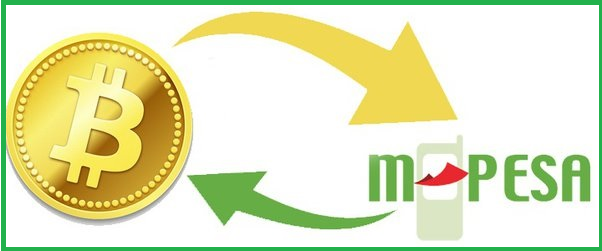Shockwaves reverberated through the agricultural sector when revelations of fake fertiliser in the market emerged last month.
However, the ongoing investigation into the supply of fake fertiliser has uncovered a company implicated in distributing substandard fertiliser that operated for nearly a year without a mark of quality.
During a session before the National Assembly Agriculture and Livestock Committee on Tuesday, April 9, the Director of the company struggled to justify how he managed to distribute fertiliser through the National Cereals and Produce Board (NCPB) without a quality certificate from the Kenya Bureau of Standards (KEBS).
Records submitted to parliament revealed that the company approached the NCPB on March 31, 2022, seeking permission to utilise their distribution network for their fertiliser. Subsequently, the distribution commenced two months later, as confirmed by the director.
However, it was disclosed that they only inked an agreement with a diatomite mining company to distribute its fertiliser in November 2022, raising concerns about the absence of proper quality assurance measures leading up to the signing of the agreement.
John Kanyuithia, the Tigania West Member of Parliament and chairperson of the committee, expressed bewilderment over how a company lacking a quality assurance certificate managed to operate with a government institution.
The director attempted to justify the lapse by stating that he had entered into an oral agreement with the manufacturer prior to engaging with the NCPB.
However, this explanation failed to placate Kanyuithia, who rebuked the director, remarking, “You had an oral agreement for a product that is affecting millions of Kenyans? This is not a joke. You are taking us for a ride.”
In response, the director cited a partnership agreement with the mining company, claiming the use of their quality certificate since his company was not directly involved in manufacturing or packaging.
He asserted that samples were submitted to the NCPB for testing before distribution commenced.
Furthermore, the director revealed he decided to register another company to distribute the fertiliser under a different quality certificate, stating that an application for a quality certificate from KEBS had been made in December 2022.
Agriculture Cabinet Secretary Mithika Linturi while appearing before the Agricultural Committee last month, disclosed that the implicated company had distributed 70,143 bags of the product through NCPB depots since 2022.
However, following the suspension of the commercial contract on March 9, 2024, NCPB seized 3,276 bags that were found to be substandard, with directives issued to withdraw the products from the market.
Disputing claims of involvement in the government’s subsidised fertiliser programme, the director denied any wrongdoing by his companies.
This development comes as the fallout from the fake fertiliser scandal has led to the suspension of eight senior officials at the Kenya Bureau of Standards (KEBS), pending investigations by Directorate of Criminal Investigations (DCI) detectives and parliamentary inquiries.
Source: kENYANS.CO.KE












